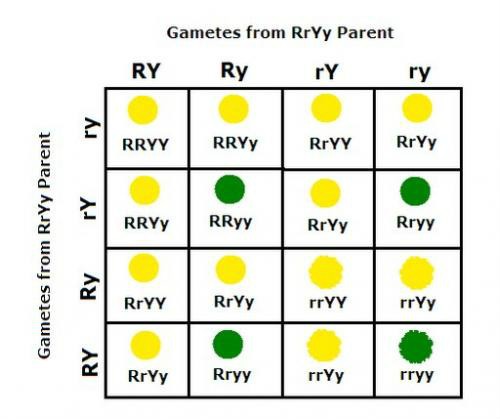Doesn't Acts 17:28-29 teach that humans are in the nature of God since the passage says we are His "offspring"?
 LDS often use this Acts 17:28-29 passage to make humans out to be the same species as God. After all, like begets like. But as usual, LDS fail to take into account the context. The Apostle Paul already claimed that God is the maker of the world, the Lord of heaven and earth, who does not dwell in a temple made with hands, because He doesn't need anything; we exist because of Him (vss. 24-8). Contrary to what LDS believe, He's the originator of all things outside of Himself (LDS don't think God created matter or even us as intelligences, for example). This is why He does not resemble the vain idols that the Greek pagans made. LDS often use this Acts 17:28-29 passage to make humans out to be the same species as God. After all, like begets like. But as usual, LDS fail to take into account the context. The Apostle Paul already claimed that God is the maker of the world, the Lord of heaven and earth, who does not dwell in a temple made with hands, because He doesn't need anything; we exist because of Him (vss. 24-8). Contrary to what LDS believe, He's the originator of all things outside of Himself (LDS don't think God created matter or even us as intelligences, for example). This is why He does not resemble the vain idols that the Greek pagans made.
LDS also fail to take into account that the Bible clearly teaches that there is only One who is truly begotten of God (i.e., has the same nature as God). The Greek term "only begotten" that is used of Jesus in such passages like John 1:18 or 3:16 is the term "monogenes." "Mono" means "one" and "genes" means "of a genus or kind." Since God is not a man by nature (Hosea 11:9) and we are, we are not literal begotten children of God. As C. S. Lewis pointed out, we are children by creation, and not by begetting. We are in His spiritual image, but certainly we are not in His nature.
So the term "offspring" is simply a symbolic way of saying that we originated from God. It is as figurative as the "hand" (Acts 7:56), the "eye" (Psalm 32:8), or the "feathers" (Ps. 91:4) of the Lord.
R. M. Sivulka
|